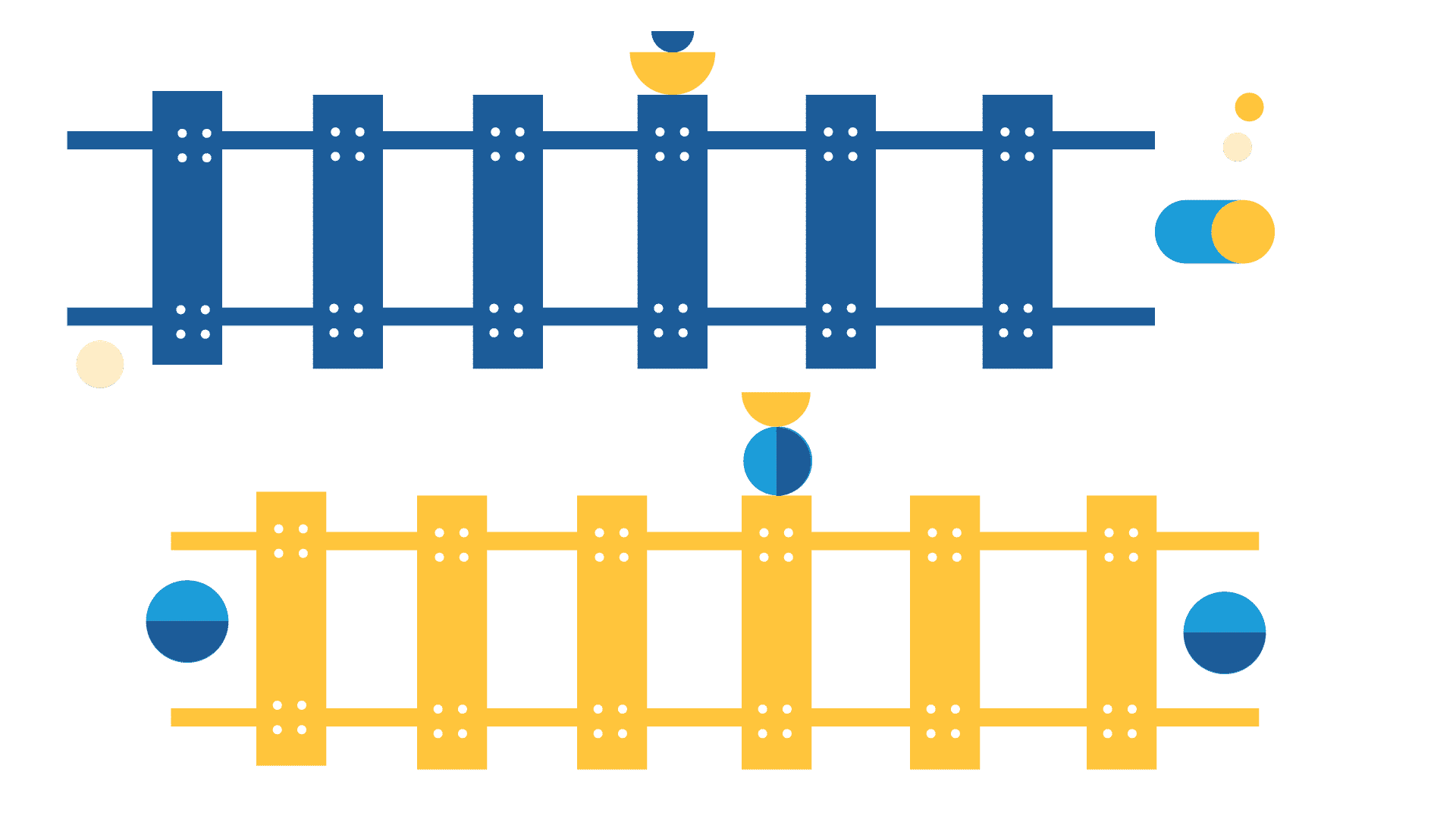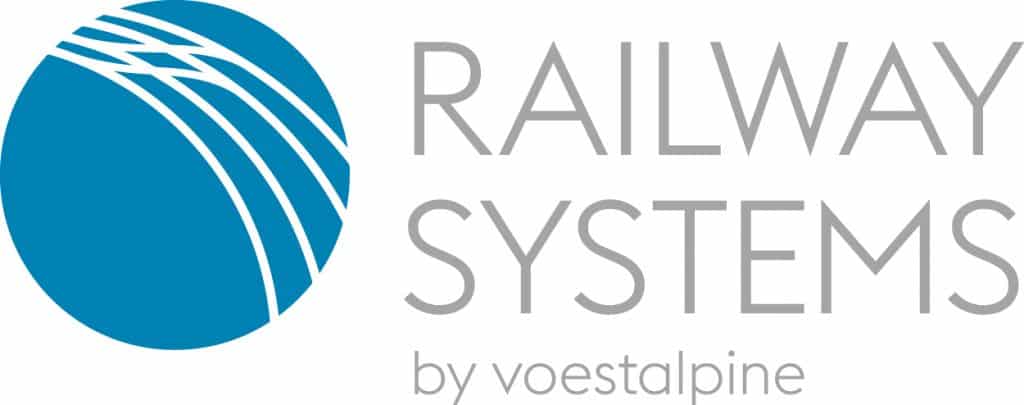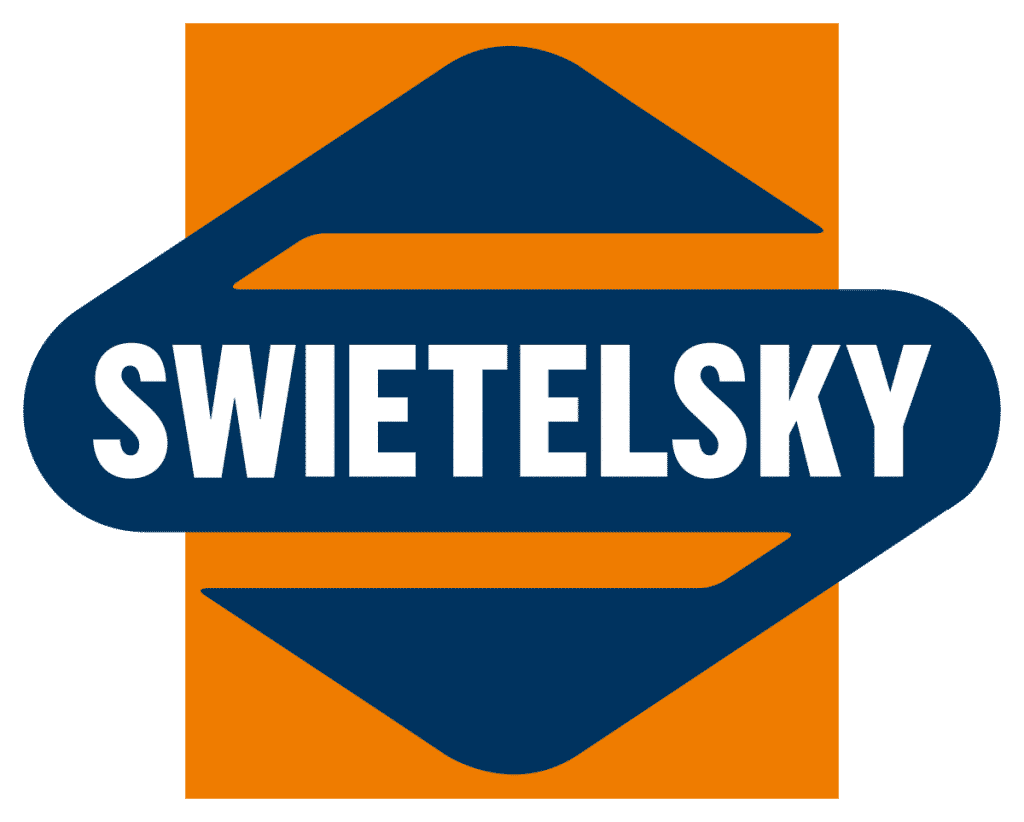
Railway Infrastructure – Asset Management – 27 APR 2023
Events 2023 overview
Go BackTopics: Life Cycle Management (LCM), Life Cycle Costs (LCC), Sustainability, Proof of Economic Efficiency
Focus: Outsorcing, Track Access Charging
Participants: Infrastructure Management- Asset Management
Technical Departments
Economic Departments
Sponsored by
Agenda AND ABSTRACT
AGENDA
The organisation of maintenance execution is heavily discussed within railway infrastructure companies. In principle it can be done in-house or via out-sourcing. However, in case of outsourcing there are two totally different options: outsourcing of specified track work or outsourcing of entire maintenance. The responsibilities, processes and resulting consequences of these two options will be discussed.
Track access charges are necessary in open access regimes in order to cover at least partly the infrastructure costs by the revenues of rail operation. These charges are strictly regulated as infrastructure is a natural monopoly. Thus, the charges need to be transparent and fair. There are lots of different aspects to be considered.
Transport volume is often addressed as gross-tonnage when it comes to track degradation, maintenance needs and maintenance costs. Consequently, gross-tonne-kilometers are often used for the purpose of track access charging. Tonnage and thus weight are insufficient to address track loading: the vehicle properties, and thereby mainly axle load, unsprung mass and bogie stiffness, and train speed have major impact on track maintenance demands. Moreover, vehicle innovation cannot be incentivised if not addressed by vehicle-specific access charges.
About weTHINK. Railway LCM
Knowledge Exchange
Goal is to build a knowledge exchange community for best practices on technical sustainability and economic efficiency for track superstructure.
Technical Sustainability
Increasing traffic pushes on track deterioration but also limits time for track work more and more. To overcome this problem further development of track must target more sustainable track components and track maintenance to reduce the demand of track possession without reducing track quality. This requires understanding of track deterioration, gained by time sequences of track data allowing forecasting of track behaviour and thus preventive maintenance.
Economic Efficiency
R&D within track needs to present sustainable solutions which show a high economic efficiency. As track shows costs only, track strategies can be economically evaluated by comparing different options. Standard evaluations can be used as calculating the dynamic annual average costs. Dynamic methods are required due to the long service lives of track, annual average costs are used to enable comparing strategies with different service lives. Furthermore costs of non- or reduced availability due to either track work or due to speed restrictions caused by poor quality need to be taken into account for a proper evaluation of track component and/or track maintenance strategies. These methodologies will be presented theoretically and on real examples.
Date
Time
Local Time
- Timezone: Europe/Berlin
- Date: 27 Apr 2023
- Time: 10:00 - 13:00
Labels

Organizer
weTHINK.eu
Phone
+40774083583Website
https://www.wethink.euNext Event
- Energy Transition Conference – 16 OCTOBER 2024
-
Date
- Wed 10 2024
-
Time
- 10:00 - 13:00




